bernie_photo/Getty Images
 By Natalie Alms,
By Natalie Alms,
Staff Reporter, Nextgov/FCW
By Natalie Alms
|
The Trump White House set a Sept. 30 deadline for the Treasury Department to stop cutting paper checks, although the IRS said it will still be issuing a “limited number” of checks where there is no alternative option.
The IRS announced Tuesday that it will start phasing out paper checks for tax refunds in one week under a March executive order to move the federal government away from physical payments.
The federal government has been trying to rid itself of paper checks and reap the cost benefits of electronic payments for years.
“Electronic payments such as direct deposit are safer than checks, allow quicker access to funds, and have less risk of fraud,” Fiscal Service Chief Disbursing Officer Linda Chero has said previously. “With paper checks over 16 times more likely to get lost, stolen, altered, or delayed, we encourage those still receiving paper checks to make the switch today.”
The vast majority of taxpayers — 93% — received their refunds via direct deposit during the most recent tax filing season, although that still leaves millions that opted for a paper check.
It’s not clear how quickly the tax agency will completely stop issuing paper checks to those types of taxpayers, who may be unbanked, elderly, live far from a bank branch or lack internet access.
The IRS press release noted that “taxpayers should continue using existing forms and procedures, including those filing their 2024 returns on extension of a due date prior to Dec. 31, 2025.”
“Legally, the federal government must continue to issue certified payments and will issue a limited number of paper checks in cases where no alternative is available,” the agency said when asked for clarification. Treasury didn’t respond to requests for comment.
The IRS will also still be accepting checks as a form of payment “until further notice,” the press release said. Additional guidance will be coming before the 2026 filing season, it added.
The March executive order gave the Treasury Department a Sept. 30 deadline to stop issuing paper checks. It also laid out exceptions to the requirements for people who don’t have access to banks or electronic payments, although neither the IRS nor Treasury included any detailed information about a waiver process in press releases about the push for electronic payments.
“Treasury is working on reviewing and updating guidance related to waivers for the requirement to phase out paper check disbursements and remains committed to collaborating with paying agencies, financial institutions, consumer groups, and community organizations to support unbanked and underbanked populations,” an IRS spokesman told Nextgov/FCW.
“Transitioning more taxpayers to safe and accessible electronic payment options is a sound tax administration goal in the long run,” Kathleen Bryant, a former policy advisor at the Treasury Department during the Biden administration, wrote in a recent blog post for the Tax Law Center at NYU.
But “instead of racing towards an arbitrary deadline, the IRS and Treasury should take the time needed to develop a careful, gradual implementation plan,” she continued.
The IRS isn’t the only agency cutting down on paper checks.
The Social Security Administration — also working to wean itself off paper checks by the looming Sept. 30 deadline — is sending taxpayers that want an exemption to the electronic payment requirements to the Treasury Department to ask for a waiver and warning beneficiaries about potential “payment delays.” SSA has also stopped offering a temporary check option for processing initial claims.
Over half a million people still get their SSA benefits via paper checks.
